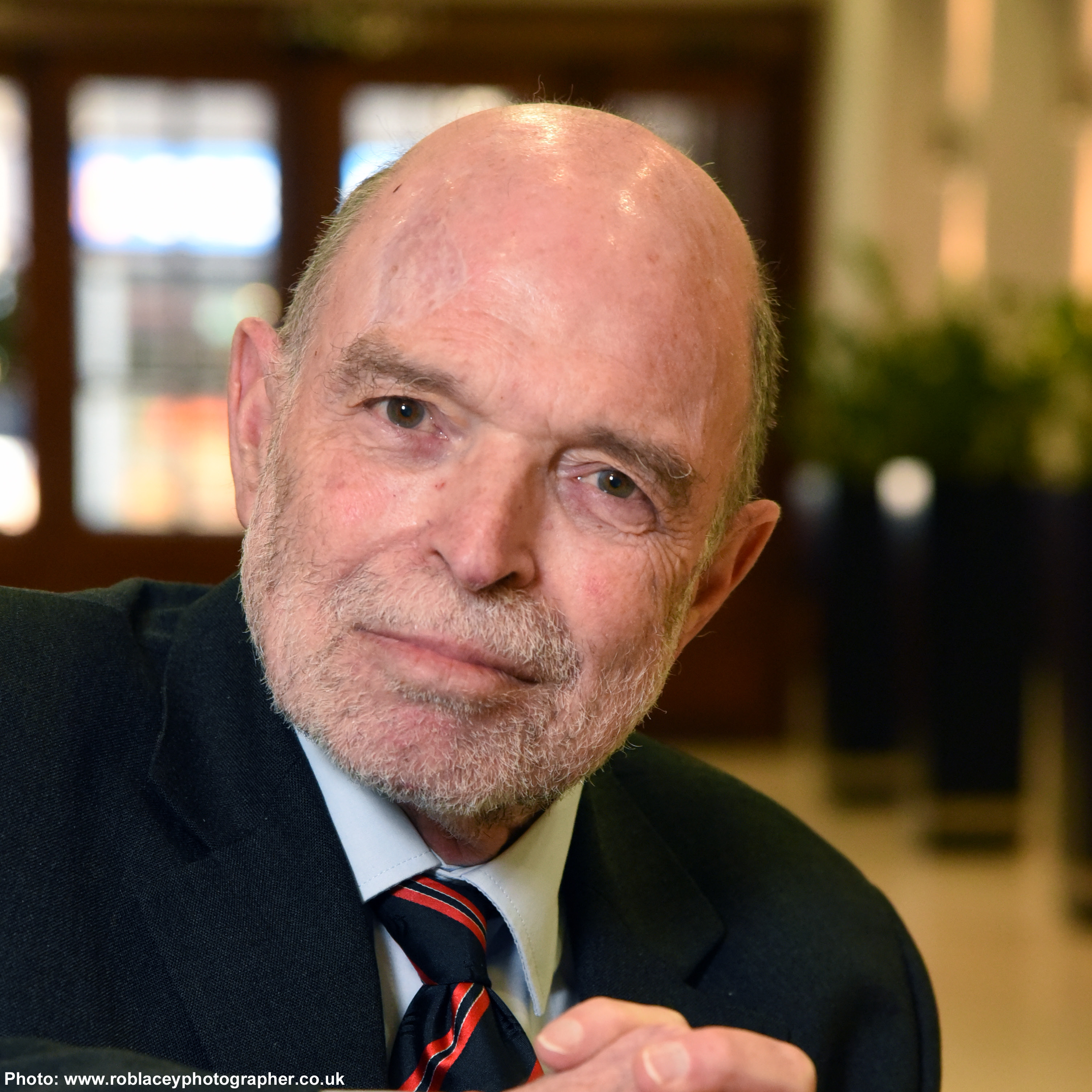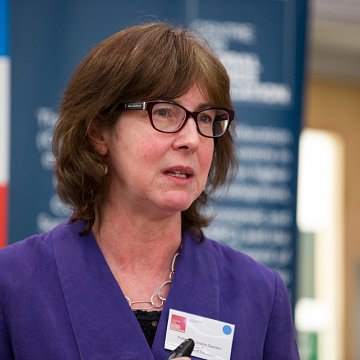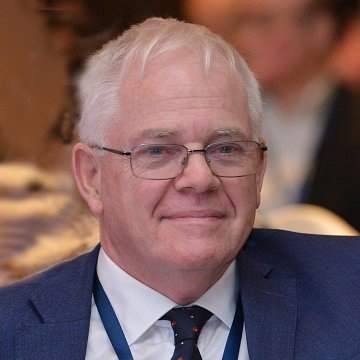The Dearing Report 25 years on: Student loan reform in U.K. – Did it work?
- Nicholas Barr, LSE
- Claire Callender, IOE, UCL’s Faculty of Education and Society and Birkbeck
- Bruce Chapman, Australian National University
- Charles Clarke
- Lorraine Dearden, IOE, UCL’s Faculty of Education and Society
- Nick Hillman, HEPI
- Simon Marginson, University of Oxford
- Anna Vignoles, Leverhulme Trust
- Gill Wyness, IOE, UCL’s Faculty of Education and Society
Event Materials
This event is now archived and we are pleased to provide the following event media and assets, along with the original event overview.
Register here to attend in person
Register here to attend online
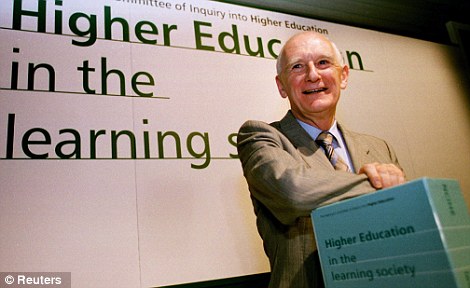
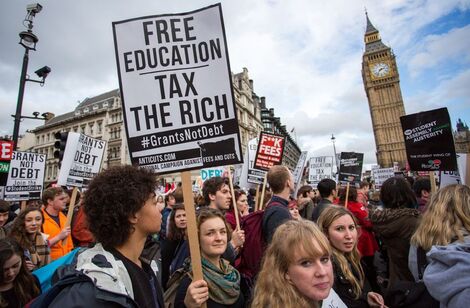
25 years ago the Dearing Report suggested a series of fundamental reforms to higher education in the U.K. Among its 93 recommendations the most controversial was that students should pay a contribution towards their undergraduate degrees with the use of a loan in which repayments take the form of a percentage of the borrower’s subsequent earnings, ideally collected each week or month as a payroll deduction alongside income tax and social security contributions. This recommendation was underpinned by a set of economic principles, with claims that it would lead to greater efficiency and equity. Income contingent tuition loans were eventually implemented in England by the Blair Labour government in 2006 and subsequently reworked by the Coalition (Conservative/Liberal Democrat) government in 2012. The four nations of the U.K diverged: Scotland decided not to charge students, and Wales and Northern Ireland established modified parallels to the English system.
Certainly the reform facilitated a major increase in access to higher education, as was Dearing’s intent. However, the economic and political realities of implementing and sustaining the reform have proved challenging. Given that other countries use a variety of higher education fee and loan systems, this is an opportune time to look back on this social policy and ask both what have been the benefits and why not all that was promised came to pass. With speakers who include some who advised Dearing, we discuss: the underpinning economic theory behind the reforms; how the reforms unfolded in practice; their positive and negative impacts; and what the implications are for future policy development.
Programme:
12.30 – light lunch
1.00 CHAIR AND OPENING – Bruce Chapman
1.05 The theory and social policy goals behind fees and income contingent loans systems – Bruce Chapman (chair Simon Marginson) (view slides)
1.30 The founding moments: Dearing 1997 and the New Labour tuition reform in 2006 – Charles Clarke (view slides)
1.55 Financing higher education: Theory, policy and politics in England – Nick Barr (view slides)
2.20 How well the reforms including the most recent reforms fulfil the original Dearing objectives and lessons to be learned from other countries with ICLs – Lorraine Dearden (view slides)
2.45 BREAK
3.15 The impact of post Dearing student finance reform on students – Gill Wyness and Anna Vignoles (view slides)
4.05 Panel discussion (chair Anna Vignoles): The divergence between theory and political reality and the implications for future policy development – Simon Marginson (view slides), Claire Callender (view slides), Nick Hillman
4.50 General discussion (chair Anna Vignoles)
5.15 Final word and CLOSE (chair Anna Vignoles) – Bruce Chapman
Booking
You will need to register to join this event.

